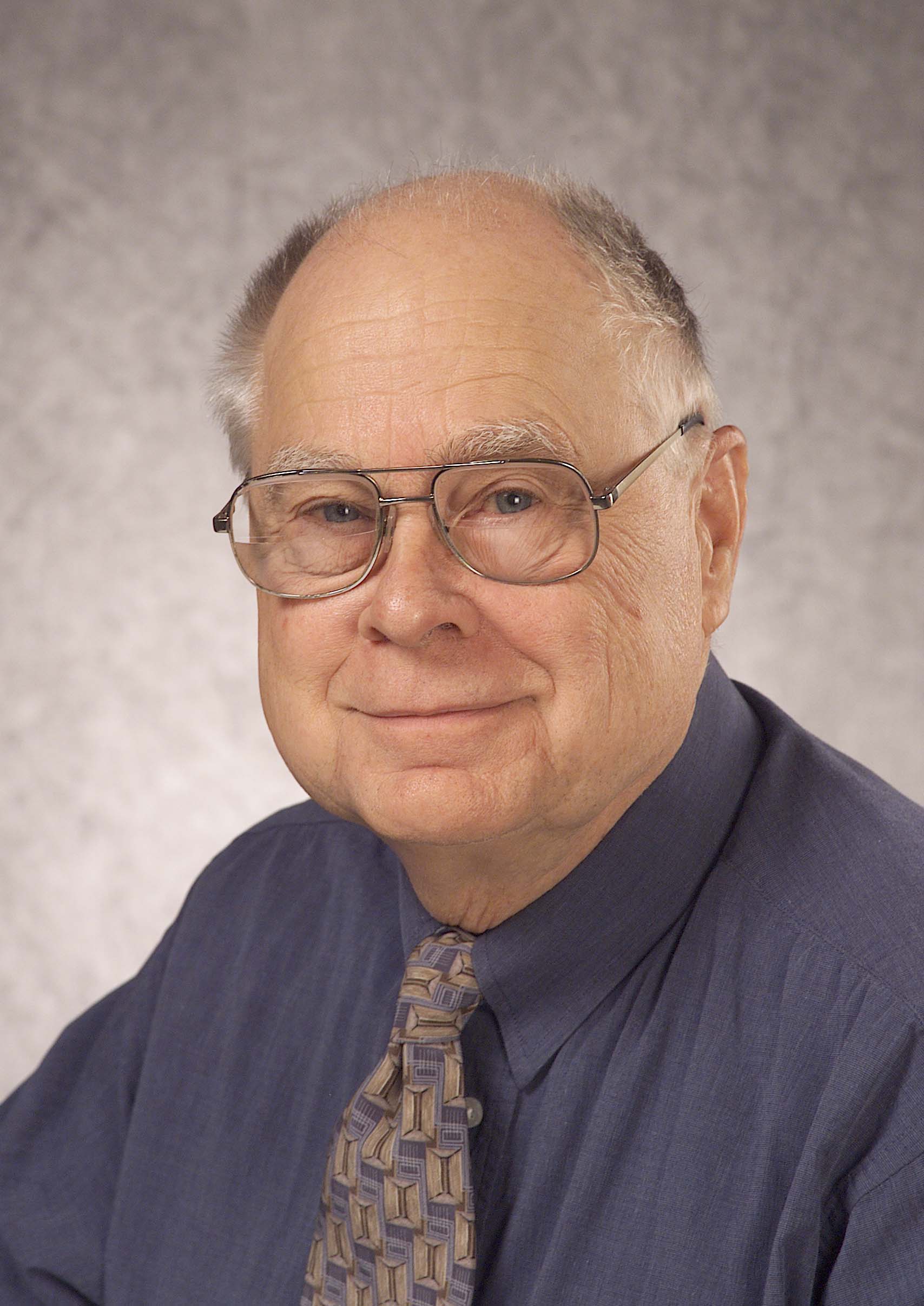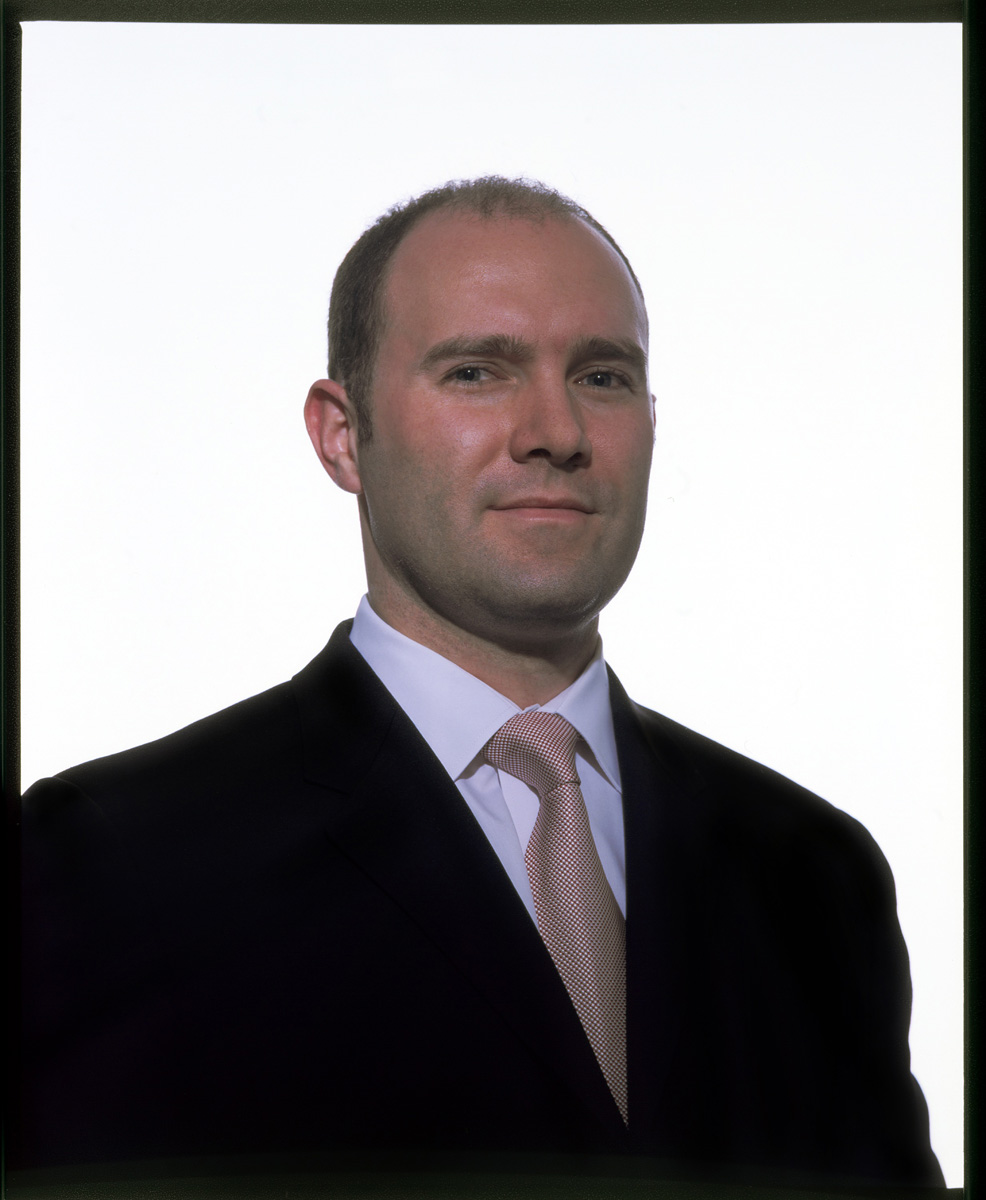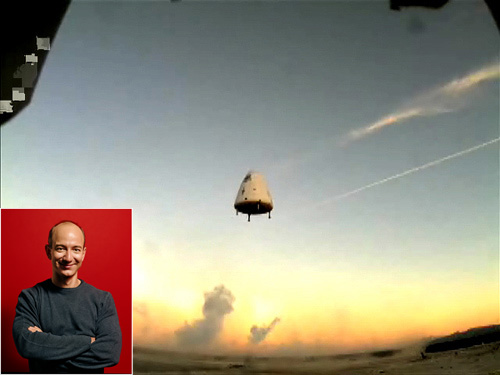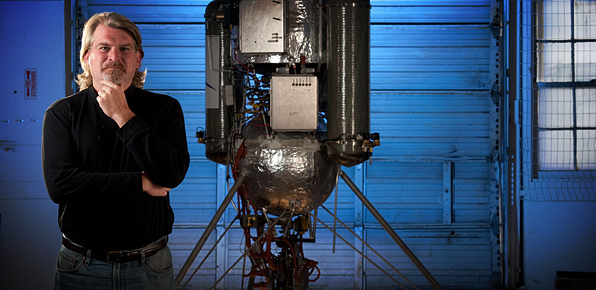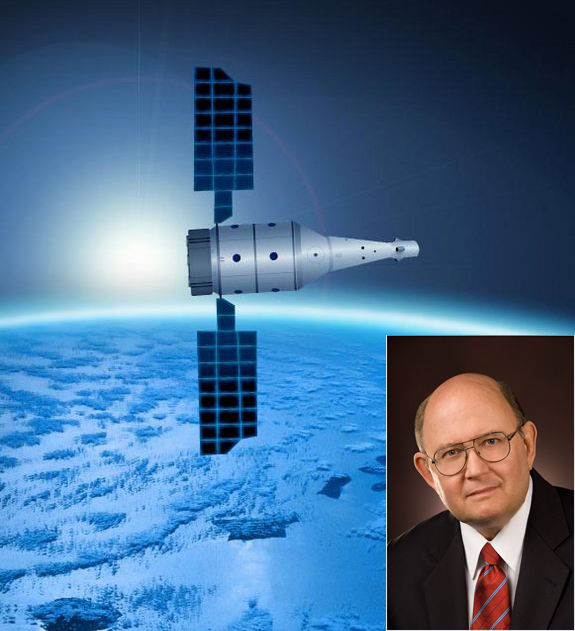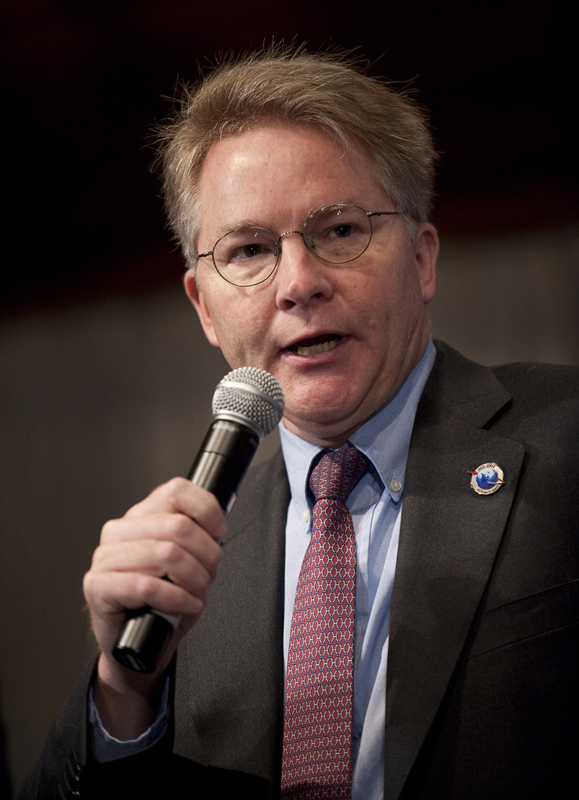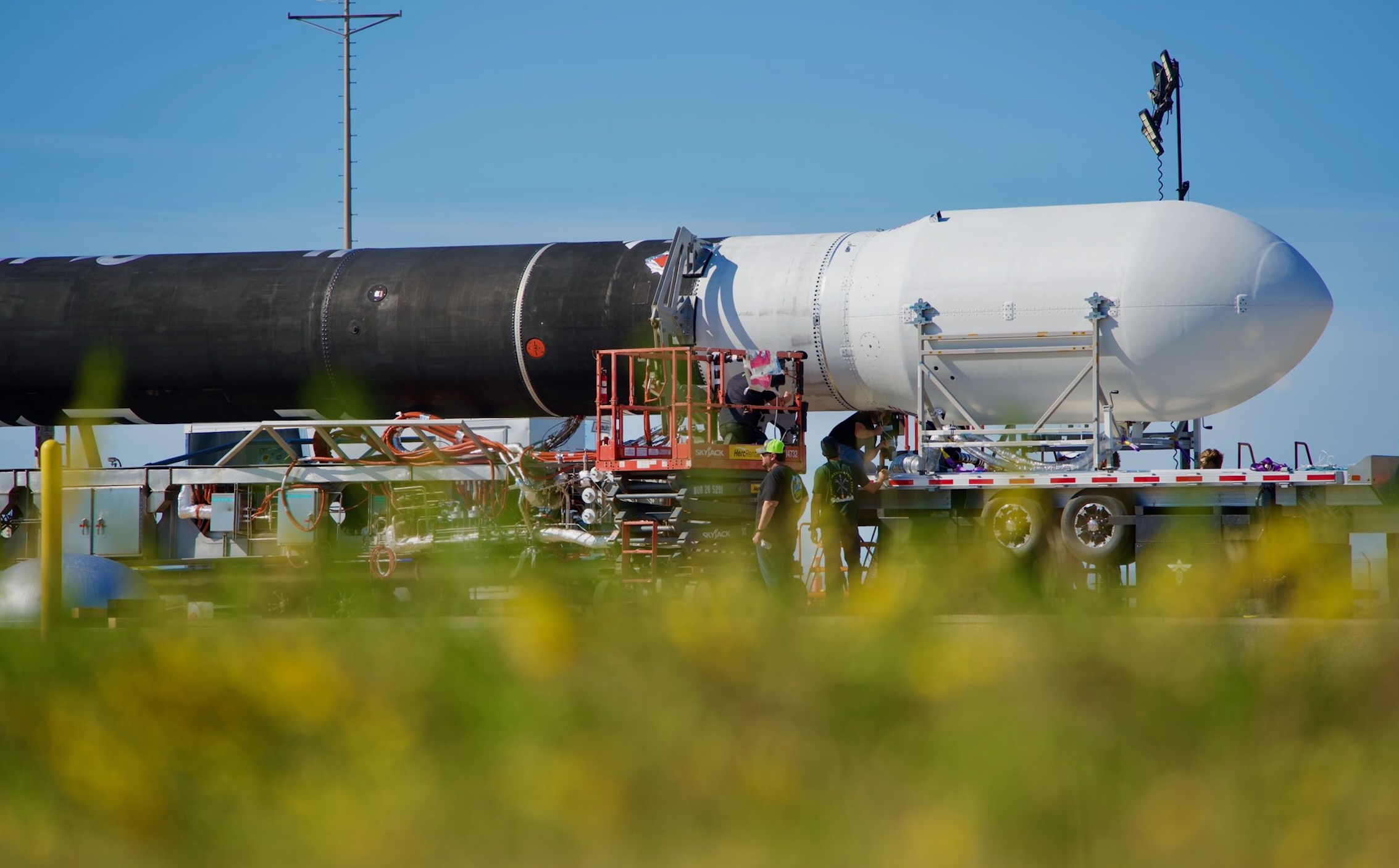Vote Now: 21st Century's Greatest Space Innovators
Breaking space news, the latest updates on rocket launches, skywatching events and more!
You are now subscribed
Your newsletter sign-up was successful
Want to add more newsletters?
Bill Borucki – NASA's Kepler Mission
Bill Borucki is principal investigator of NASA's Kepler mission, which has revolutionized the hunt for alien planets. On Feb. 2, Borucki's team announced that Kepler had found 1,235 potential alien worlds in its first four months of operation; up to that date, astronomers had confirmed just 520 planets beyond our solar system.
The Kepler space telescope finds exoplanets using a technique called transit photometry, which detects the telltale dips in a star's brightness caused when a planet transits — or crosses in front of — it from Kepler's perspective. Borucki, who has worked at NASA for nearly 50 years, first proposed using this method back in the 1980s, but many of his colleagues rejected the idea as impractical. Borucki persevered, developing ground-based instruments and a laboratory simulator showing that transit photometry was indeed a workable planet-hunting technique.
In 2001, NASA selected his team's mission design from a pool of proposals, and Kepler was born. The space telescope launched in March 2009 and will keep hunting for alien planets through at least November 2012.
Eric Anderson – Space Adventures
Multiple companies are jockeying for position in the coming private spaceflight boom, but only one has already sent paying passengers into space.
That firm is the Virginia-based Space Adventures, which Anderson co-founded in 1998 and currently chairs. Space Adventures sells trips to the International Space Station and back aboard Russian Soyuz spacecraft. So far, seven ultra-wealthy people have ponied up $35 million or so for the journey, flying a total of eight missions. The last flight was in 2009, but an increase in Soyuz production is allowing the company to sell seats again, for trips starting in 2013.
Space Adventures also plans to sell seats on suborbital flights for the more reasonable rate — relatively speaking — of $102,000. Last year, the company signed a deal with private firm Armadillo Aerospace to provide the vehicles. And Space Adventures is aiming for the moon as well: It has designed an ambitious lunar circumnavigation mission and is advertising the proposed journey on its website. Thanks to Space Adventures and its partners, spaceflight is now open to the masses — the superwealthy masses, anyway.
Jeff Bezos – Blue Origin
Jeff Bezos founded Amazon.com in the 1990s and became a billionaire. Recently, he's been channeling much of his time and effort into Blue Origin, the space travel firm he set up.Blue Origin — which is based in Kent, Wash. — is a secretive outfit that makes few announcements about its progress. The company is developing a suborbital space vehicle called New Shepard, which will consist of a pressurized crew capsule mounted atop a propulsion module. New Shepard will likely ferry experiments and astronauts up to an altitude of 75 miles (121 km), at least initially. In January 2007, the company announced that it had flown a test vehicle, named Goddard, in November 2006. Blue Origin officials have alluded to making other test flights with Goddard since but haven't formally announced them.
Breaking space news, the latest updates on rocket launches, skywatching events and more!
Blue Origin's ambitions likely extend beyond suborbital space. NASA has given the company $3.7 million to develop an astronaut escape system and build a crew-carrying module made of composite materials for structural tests.
David Masten – Masten Space Systems
David Masten is the founder of Masten Space Systems, which is based in Mojave, Calif. He's also lead designer for many of the firm's reusable launch vehicles, which could provide relatively frequent and affordable access to suborbital space.
This could happen soon, for Masten's vertical-takeoff-and-landing craft have performed well in recent years. For example, the company's Xombie rocket won the $150,000 second-place prize in Level 1 of the Northrup Grumman Lunar Landing Challenge, a NASA-sponsored contest to build and fly mock moon landers. And Masten took first place in the more difficult, more involved Level 2 of the competition in late 2009 with a vehicle called Xoie, raking in an additional $1 million.
In November 2010, Masten Space Systems struck a deal that could allow for demonstration launches of its reusable suborbital spacecraft from Launch Complex 36, a launchpad at the Cape Canaveral Air Force Station in Florida. David Masten has said the first of these test flights could take place sometime in 2011.
Art Dula – Excalibur Almaz
Art Dula, an attorney specializing in aerospace issues, founded the private spaceflight firm Excalibur Almaz in 2005 and currently serves as its CEO.
In the forward-looking field of commercial spaceflight, Excalibur Almaz — which is headquartered on the Isle of Man — distinguishes itself by drawing heavily from the past. The company is developing spacecraft based on the Soviet-era Almaz program, which sent cosmonauts to super-secret military space stations. Because the Almaz system had a long track record of successful spaceflight, Excalibur Almaz's design, development and testing costs will be relatively low, and those savings will be passed on to consumers, the company says.
Excalibur Almaz plans to offer orbital spaceflights on its reusable spacecraft, which can sit atop various launch vehicles. The flights could carry three people and last up to a week. The company intends to begin flight tests in 2012 and hopes to be launching paying customers by 2013. Excalibur Almaz is also developing Almaz-based space stations, but their deployment won't make economic sense until the company is making at least six flights per year, officials have said.
David Thompson – Orbital Sciences
David Thompson, a former NASA rocket engineer, is CEO and co-founder of Orbital Sciences Corporation. The Virginia-based firm is a leader in many fields, from satellites and launch vehicles to missile defense. And it's a major player in private spaceflight.Orbital scored a $1.9 billion NASA contract to ferry cargo to the International Space Station using the company's Cygnus capsule and Taurus 2 rocket. Before beginning its supply runs, Orbital needs to make one successful demonstration flight with Cygnus and the Taurus 2 — and that demo could happen by the end of 2011, company officials have said. Orbital also has manned-spaceflight ambitions.
It's developing a space vehicle called Prometheus, which could carry four astronauts to and from the station, as well as provide a variety of other transportation services in low-Earth orbit. Orbital is waiting to hear whether it will get NASA funding to help move Prometheus along.
Thompson's work guiding Orbital has not gone unnoticed. President George H.W. Bush awarded him the National Medal of Technology, for example, and he received the National Air and Space Museum Trophy from the Smithsonian Institution.

Michael Wall is a Senior Space Writer with Space.com and joined the team in 2010. He primarily covers exoplanets, spaceflight and military space, but has been known to dabble in the space art beat. His book about the search for alien life, "Out There," was published on Nov. 13, 2018. Before becoming a science writer, Michael worked as a herpetologist and wildlife biologist. He has a Ph.D. in evolutionary biology from the University of Sydney, Australia, a bachelor's degree from the University of Arizona, and a graduate certificate in science writing from the University of California, Santa Cruz. To find out what his latest project is, you can follow Michael on Twitter.
